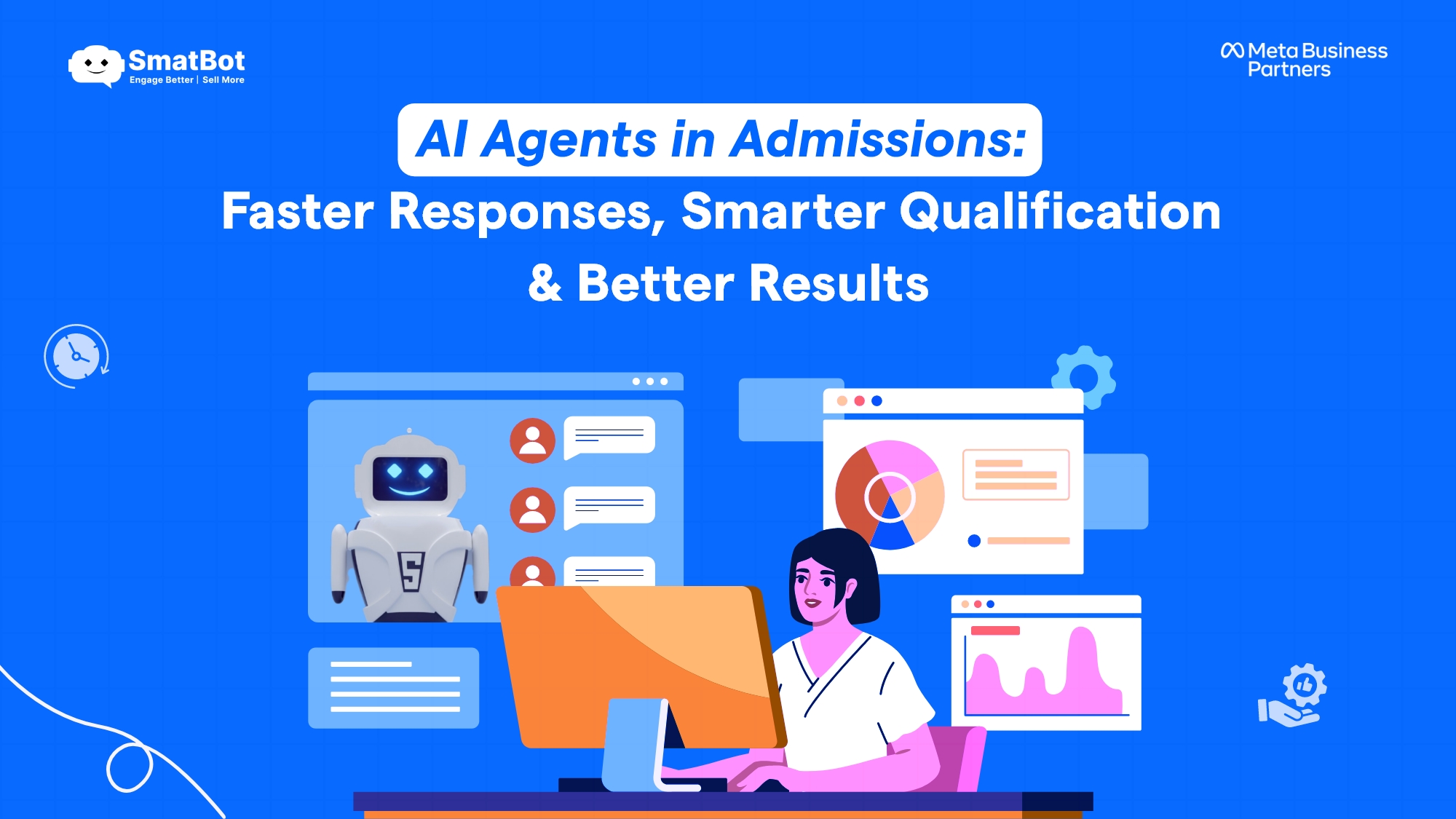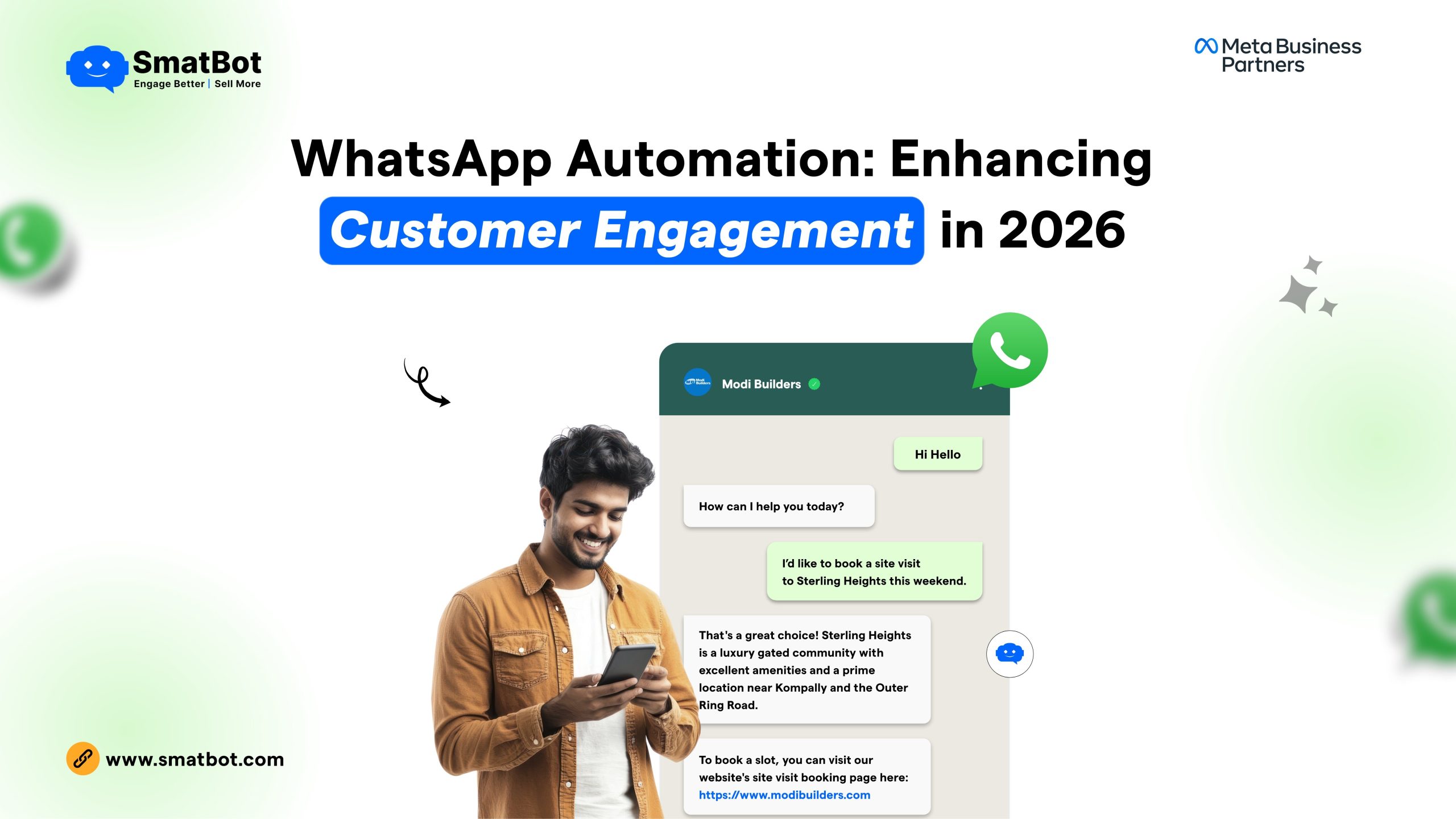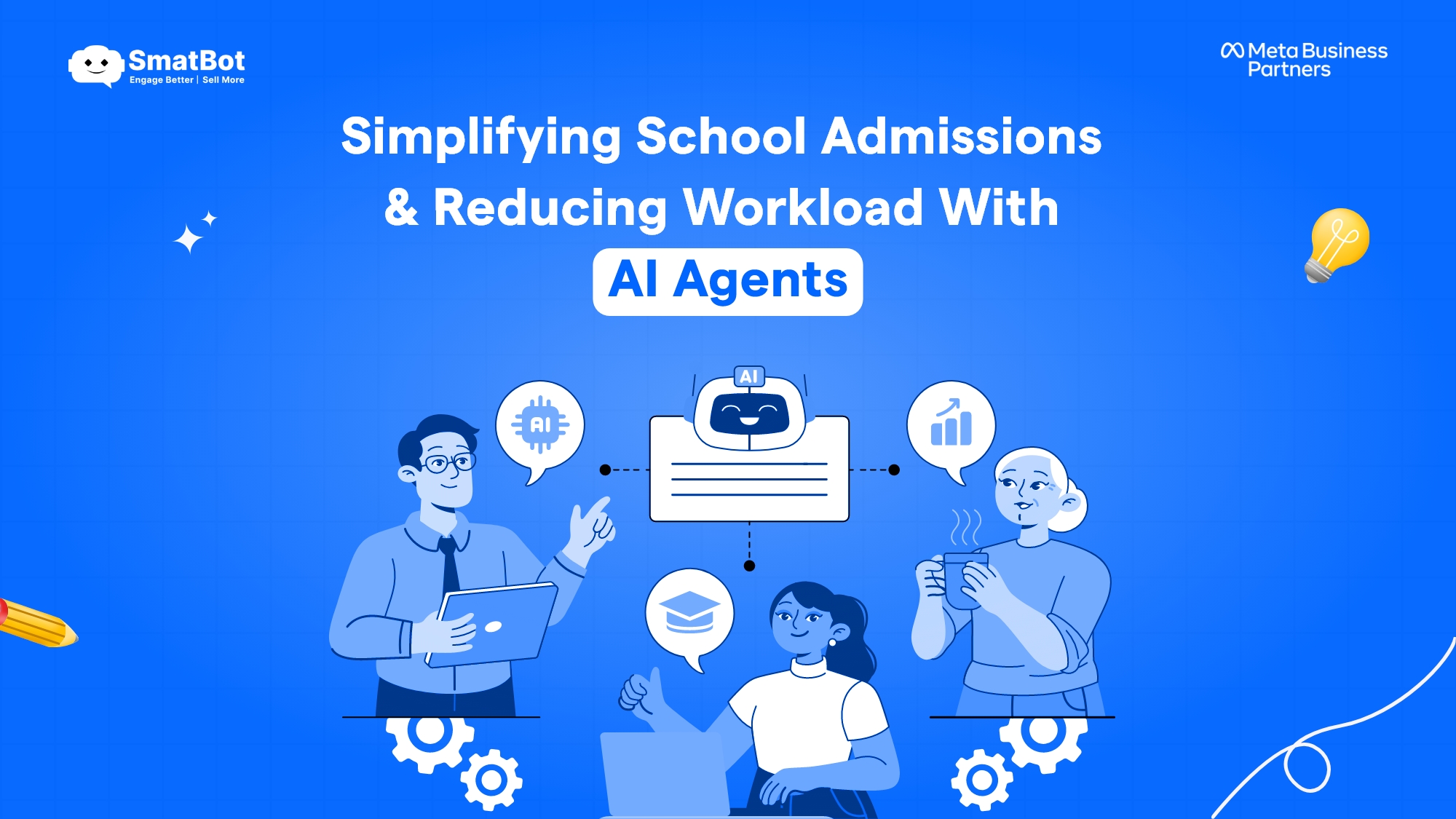Top 10 Real-Life Chatbot Use Cases That Work
Chatbots are a new and exciting AI technology that has been making waves since Facebook Messenger was introduced. The chatbot industry is estimated to grow at a CAGR of 25.7%, reaching $3.99 billion by 2030.
They are the perfect way to get your message out there and make it heard. And yet, many people are still unaware of how chatbots can help them grow their businesses.
Hence to help you, we have prepared this guide.
In this post, we will discuss the top 10 real-life chatbot use cases that have already been proven to work in various sectors, including Banking, Education, Marketing, and Sales.
But first, let’s get a quick overview of chatbots.
A chatbot is a program that interacts with humans through text-based messaging or voice calls. Chatbots can perform various tasks, from scheduling appointments, placing orders online, and even providing medical advice.
There are a lot of chatbot use cases in various sectors, from retail to healthcare to Travel, but we’ve narrowed it down to ten that you can use to grow your company.
So, here are the top 10 real-life examples of chatbots to inspire your next chatbot project.
1. Chatbot Use Cases In The Ecommerce Industry
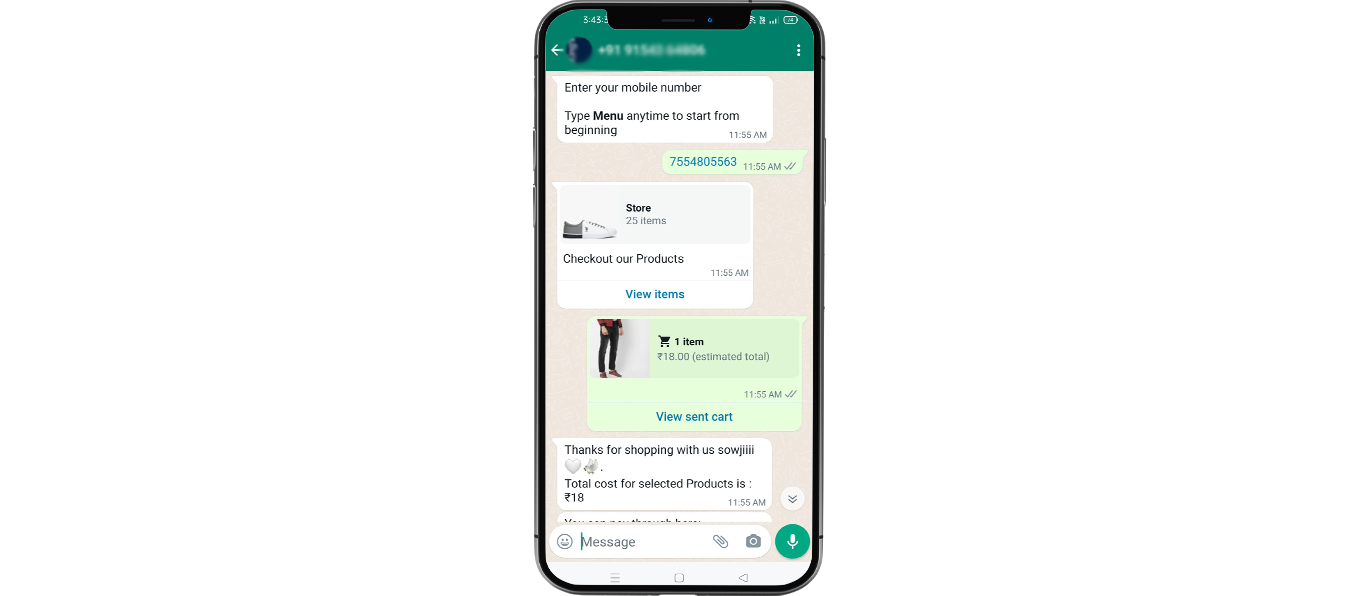
Cart abandonment is a major problem for most eCommerce companies. The average percentage of abandoned carts is 70%.
eCommerce chatbots can encourage customers to return to their carts and complete their transactions by sending reminders, offering incentives, or engaging them in conversation.
This can reduce cart abandonment by 20 to 30%, which results in a large increase in revenue.
2. Chatbot Use Cases in the Travel Industry
Travel companies are increasingly using chatbots to help customers book flights or hotels online or even help them with general travel planning needs, like finding the best routes between cities or booking hotel rooms at specific times of the year.
3. Chatbot Use Cases in Restaurants Industry
Chatbots can answer common inquiries about opening hours, check a schedule for availability, share pictures of menu items, recommend meals and times, offer discounts, remind customers about their reservations, and handle bookings.
4. Chatbot Use Cases in Healthcare Industry
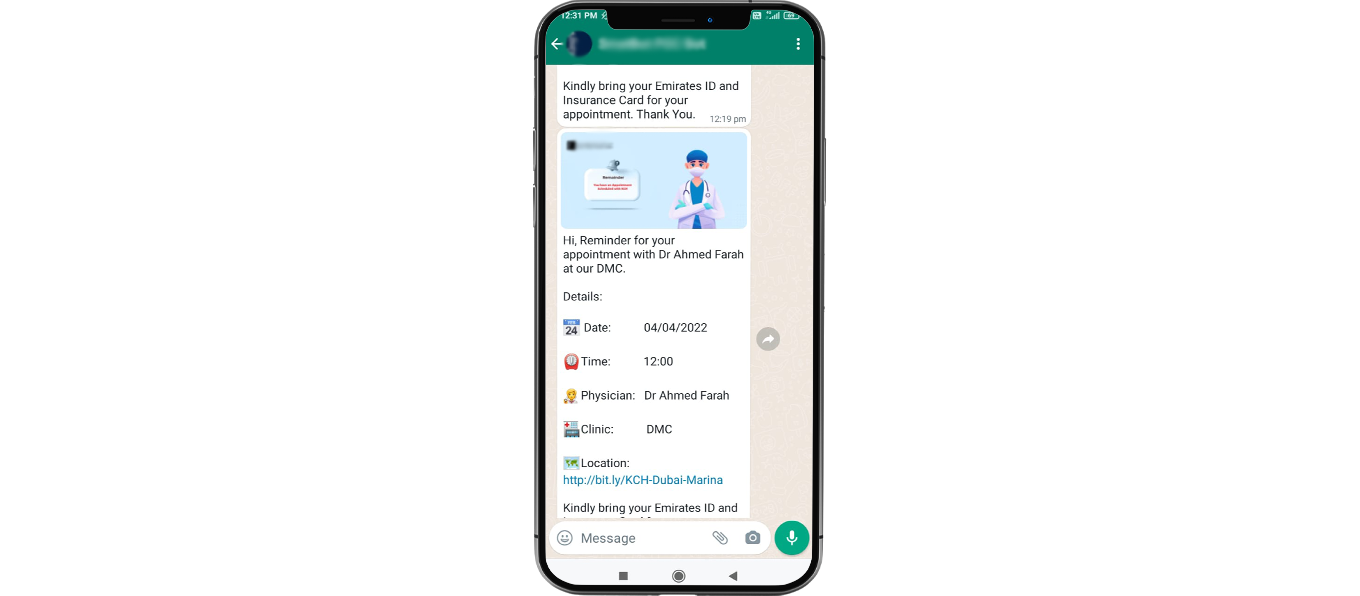
Chatbots are used for patient care and education in the healthcare sector. For example, they can provide information about symptoms, diagnosis, prescriptions, tests, treatments, follow-up visits, etc.
In addition, chatbots inquire about patients’ current health conditions, connect them with appropriate doctors, provide available time slots, and set patient appointments.
Moreover, patients can use chatbots to learn more about their health issues and treatment options.
Since chatbots have been proven to increase patient satisfaction levels and drastically cut down waiting times, many healthcare companies are considering integrating chatbots into their processes.
5. Chatbot Use Cases in Financial Services Industry
Companies that provide financial services can use chatbots to converse with their clients about investments and provide management tips.
They can also provide information about available plans that match the specific needs of individual clients’ financial profiles, ensuring that they choose the best plan for their needs rather than one that is just popular among other clients.
6. Chatbot Use Cases in Marketing & Sales
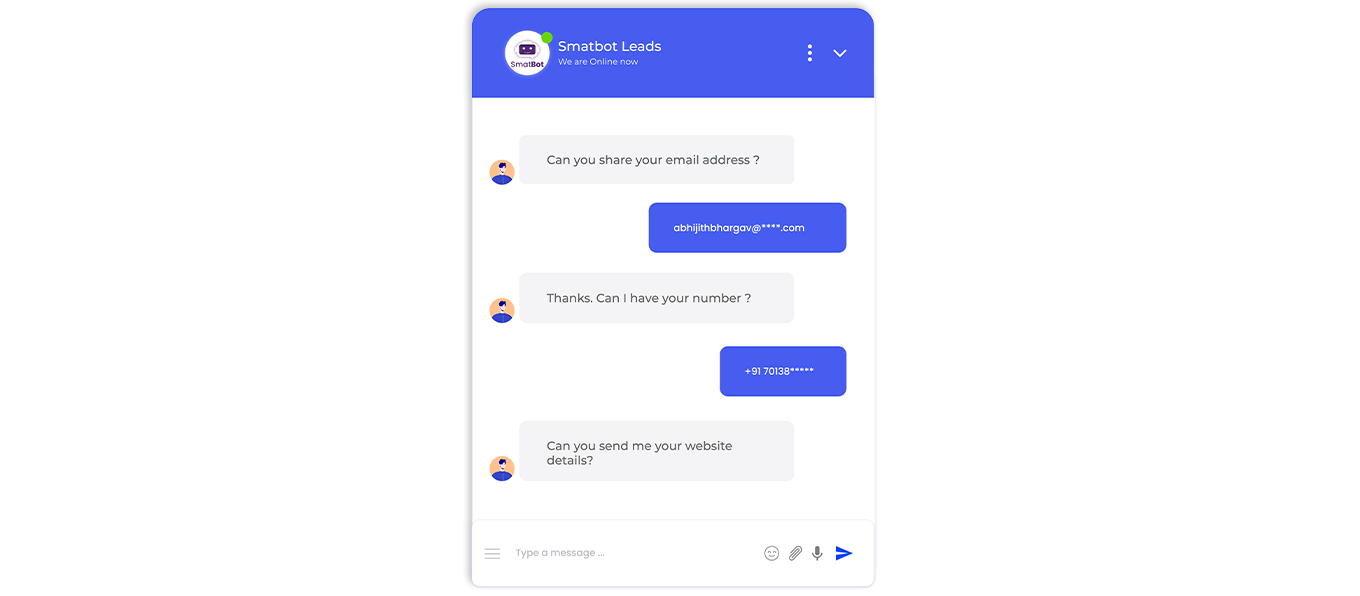
Chatbots are a great way to connect with your audience, especially in digital marketing. As a result, chatbots are quickly becoming a staple of marketing and sales conversations.
Here are two common yet essential use cases of chatbots in the marketing and sales world:
- Lead generation: You can use chatbots to create leads or nurture existing ones.
For example, if you’re trying to find new customers, you could create a bot that asks a series of questions and then replies with information about your product or services.
The bot could also send out personalized messages based on previous conversations with customers with similar needs to those you’re targeting.
- Customer service: Chatbots can be used for customer service as well.
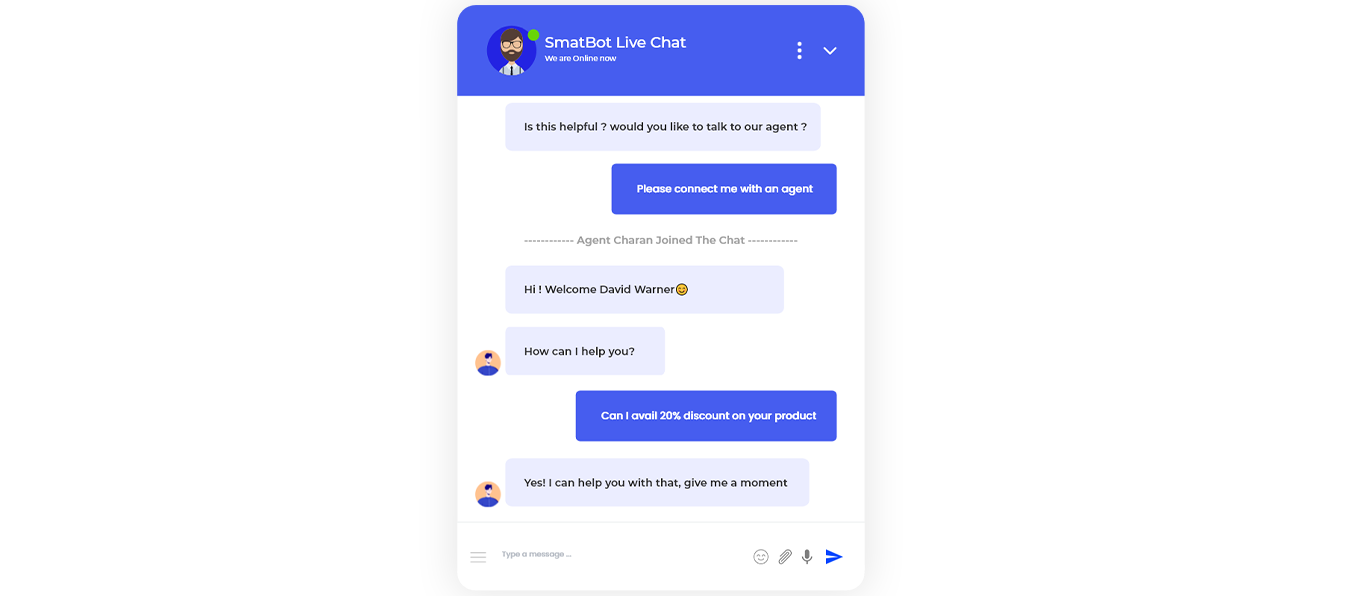
For example, suppose someone emails your company with a question about an order or an issue with their order. In that case, you could use a chatbot to respond to that person within minutes instead of waiting for them to return the email manually. This helps companies retain customers and build brand loyalty.
Not only this, but chatbots can also automate different customer care tasks, including responding to basic requests for FAQs or password resets and complex business operations like renewing a client’s membership or processing a refund.
7. Chatbot Use Cases in Product Management
Chatbots can be helpful for product management because they can quickly and accurately answer questions, provide feedback on new features, and provide a timeline of upcoming features.
For example, chatbots can converse with customers about the most pressing issues they have with their product or service.
They can also ask questions about what the customer is looking forward to in the next version of their product. The chatbot can then inform the customer that it is working on improving those issues and give them an estimated time frame for when it will be ready.
Customers will feel more valued knowing that their concerns are being addressed in real-time rather than waiting weeks or months for new features to be released.
8. Chatbot Use Cases in Real Estate Industry
When you’re trying to sell a property, there are several questions that need to be answered: who is buying it? What’s their financial situation? How much do they want to pay?
One of the best ways to answer these questions is through chatbots.
Chatbots also have other uses beyond just selling properties. For example, they can be used as virtual assistants for clients who need help with tasks like scheduling appointments or communicating with other parties involved in the transaction.
If a client isn’t sure about something or needs some advice related to their properties, they can ask a chatbot for help instead of calling someone directly.
9. Chatbot Use Cases in Banking Industry

Chatbots allow users to follow financial activities, set up payments, and pay bills.
In addition, banking chatbots can respond to several basic inquiries about client accounts or financial services.
A banking chatbot’s most important use case is when suspicious activity is found in a customer’s account; they send push notifications to the concerned clients. Clients may protect their accounts from further malicious practices by taking specific actions like blocking their cards.
10. Chatbot Use Cases in Education Industry
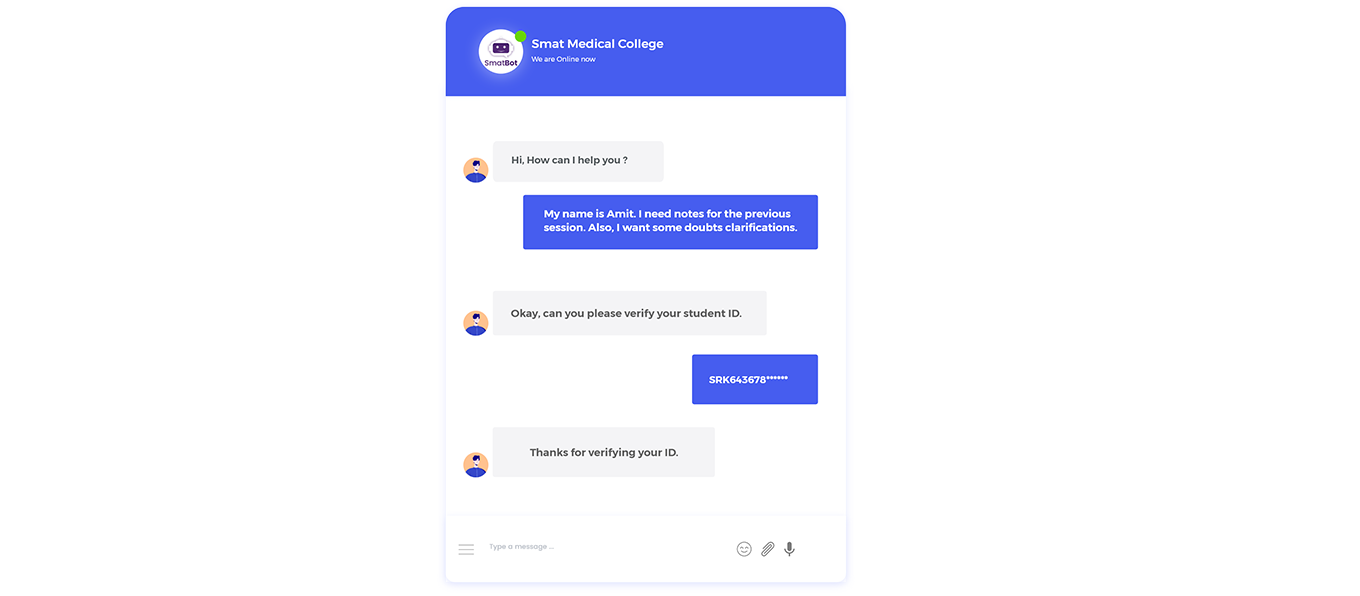
Automated results generation and honest feedback to students are two of the most important use cases of educational chatbots.
Chatbots can quickly and efficiently use NLP to interpret student-written replies since they have been trained on data.
AI chatbots can assist teachers in preparing an overall student performance sheet based on all prior exams and assignments to monitor progress and identify students’ weak points.
A conversational AI platform analyzes and generates reports quickly, which helps teachers save a lot of time and energy.
conclusion
Chatbots are the future of online businesses. They can be customized to fit the needs of individual customers and businesses and provide a superior experience without human error or delays.
Still not convinced that chatbots are helpful for your business?
Let’s go over some highlights of using a chatbot in your business:
- Optimize client service.
- Available 24/7.
- Personalize the customer experience.
- Reduce cart abandonment rate.
- Generate more leads.
- Boost brand trust and loyalty.
- Keep visitors engaged.
Chatbots can be customized to meet the specific needs of each user, allowing companies to offer more services while reducing costs associated with hiring employees who would otherwise be required to answer questions via phone calls or emails.
So, what are you waiting for? Use this AI technology to your full advantage. We are sure you won’t regret it.

